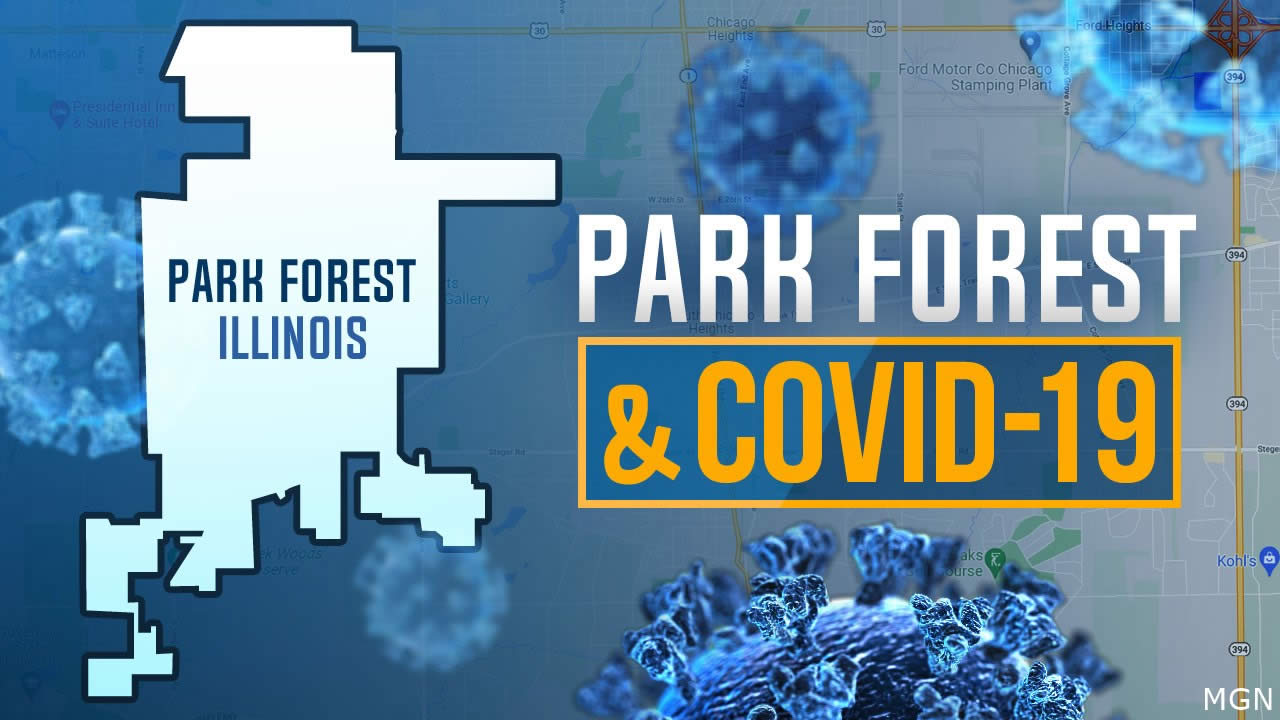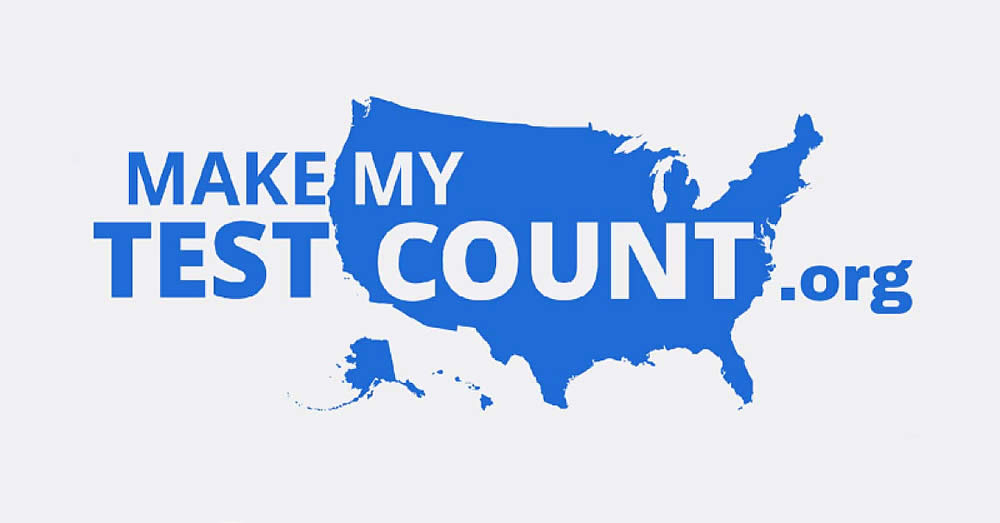
Park Forest, IL-(ENEWSPF)- Park Forest Police took to social media this weekend to warn of COVID-19 scams, one involving apps, another regarding possible checks coming to most Americans, and yet a third where people claiming to be COVID-19 inspectors are going door-to-door in some communities.
Police warn residents to NOT download purported COVID-19 apps.
“Most are malicious, such as turning on cameras and microphones on your phone,” police said in a statement. “The most reliable COVID-19 info is available from the World Health Organization (WHO), Centers For Disease Control (CDC), Johns Hopkins Medicine, and coronavirus.illinois.gov.“
Second, what about the possible funds coming to most Americans?
“With many Americans out of work, there are reports that the federal government is planning to send money to each of us by check or direct deposit,” police said in the statement. “Although no definite plans have been released, the Federal Trade Commission would like to remind people of three very important things:
- The government will not ask you to pay anything upfront to get this money. No fees. No charges. No nothing.
- The government will not call to ask for your Social Security number, bank account, or credit card number. Anyone who does is a scammer.
- These reports of checks aren’t yet a reality. Anyone who tells you they can get you the money now is a scammer.
Police warn of those going door-to-door, “There are NO door-to-door COVID-19 survey takers or inspectors,” police said. “Call 911 right away if someone comes to your door claiming to be. Do not let them into your home.”
“There are always people looking to take advantage of situations like this,” police said in the statement, “and we guarantee scammers are preparing. Let’s make sure they aren’t successful.”
Seniors Beware
Finally, while certainly not exclusively, many of these scammers tend to target seniors. Please check in on senior citizens in your neighborhood during this quarantine by phone and warn them of these scams.
“If you are a Park Forest Senior Citizen in need of assistance during the Stay At Home order, call Community Engagement Coordinator Rachel Wax at 708-748-9536,” police said in a separate statement. “Leave a message if she does not answer.”
Police remind the public that the PFPD lobby remains open for essential business, but ask that people NOT come to the Police Department to report an issue.
“If it is an emergency, call 911,” police said in a separate statement. “If it is not an emergency, call (708) 748-4701.”
“This will allow us to keep the lobby open for essential business while complying with social distancing practices and protecting everyone,” police said.
Avoid COVID-19 Scams
The FTC has the following advice to help you keep scammers at bay:
- Hang up on robocalls. Don’t press any numbers. Scammers are using illegal robocalls to pitch everything from scam Coronavirus treatments to work-at-home schemes. The recording might say that pressing a number will let you speak to a live operator or remove you from their call list, but it might lead to more robocalls, instead.
- Fact-check information. Scammers, and sometimes well-meaning people, share information that hasn’t been verified. Before you pass on any messages, contact trusted sources. Visit What the U.S. Government is Doing for links to federal, state and local government agencies.
- Know who you’re buying from. Online sellers may claim to have in-demand products, like cleaning, household, and health and medical supplies when, in fact, they don’t.
- Don’t respond to texts and emails about checks from the government. The details are still being worked out. Anyone who tells you they can get you the money now is a scammer.
- Don’t click on links from sources you don’t know. They could download viruses onto your computer or device.
- Watch for emails claiming to be from the Centers for Disease Control and Prevention (CDC) or experts saying they have information about the virus. For the most up-to-date information about the Coronavirus, visit the Centers for Disease Control and Prevention (CDC) and the World Health Organization (WHO).
- Ignore online offers for vaccinations. There currently are no vaccines, pills, potions, lotions, lozenges or other prescription or over-the-counter products available to treat or cure Coronavirus disease 2019 (COVID-19) — online or in stores.
- Do your homework when it comes to donations, whether through charities or crowdfunding sites. Don’t let anyone rush you into making a donation. If someone wants donations in cash, by gift card, or by wiring money, don’t do it.
To view the original statement by the FTC, as well as additional information about Coronavirus related scams, please visit www.ftc.gov/coronavirus.








